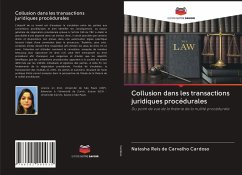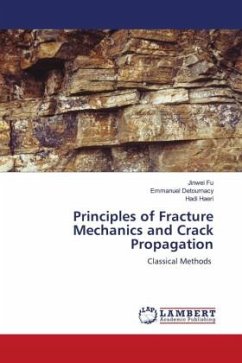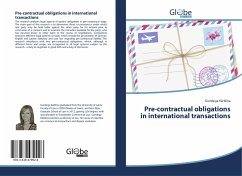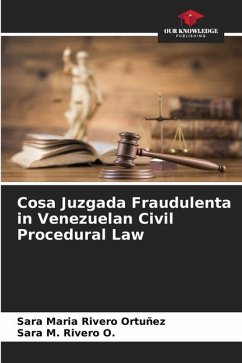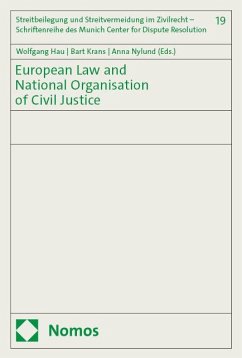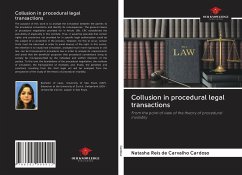
Collusion in procedural legal transactions
From the point of view of the theory of procedural invalidity
Versandkostenfrei!
Versandfertig in 6-10 Tagen
25,99 €
inkl. MwSt.

PAYBACK Punkte
13 °P sammeln!
The purpose of this work is to analyze the simulation between the parties to the procedural conventions and identify its consequences. The general clause of procedural negotiation provided for in Article 190, CPC established the possibility of atypicality in this institute. Thus, it would be possible that certain rights and provisions not provided for in specific legal authorization could be the subject of a convention in the process. However, for this to occur, certain limits must be observed in order to avoid abuses of the right. In this sense, the intention is to study how simulation, analy...
The purpose of this work is to analyze the simulation between the parties to the procedural conventions and identify its consequences. The general clause of procedural negotiation provided for in Article 190, CPC established the possibility of atypicality in this institute. Thus, it would be possible that certain rights and provisions not provided for in specific legal authorization could be the subject of a convention in the process. However, for this to occur, certain limits must be observed in order to avoid abuses of the right. In this sense, the intention is to study how simulation, analyzed much more rigorously in civil law, can be transposed to procedural law in order to analyze its requirements and avoid that the beneficial purposes that procedural conventions bring to society be misrepresented by the individual and selfish interests of the parties. To this end, the foundations of the procedural negotiation, the institute of simulation, the transposition of institutes and, finally, the penalties and sanctions resulting from the illicit legal act will be analyzed from the perspective of the study of the theory of procedural invalidity.



